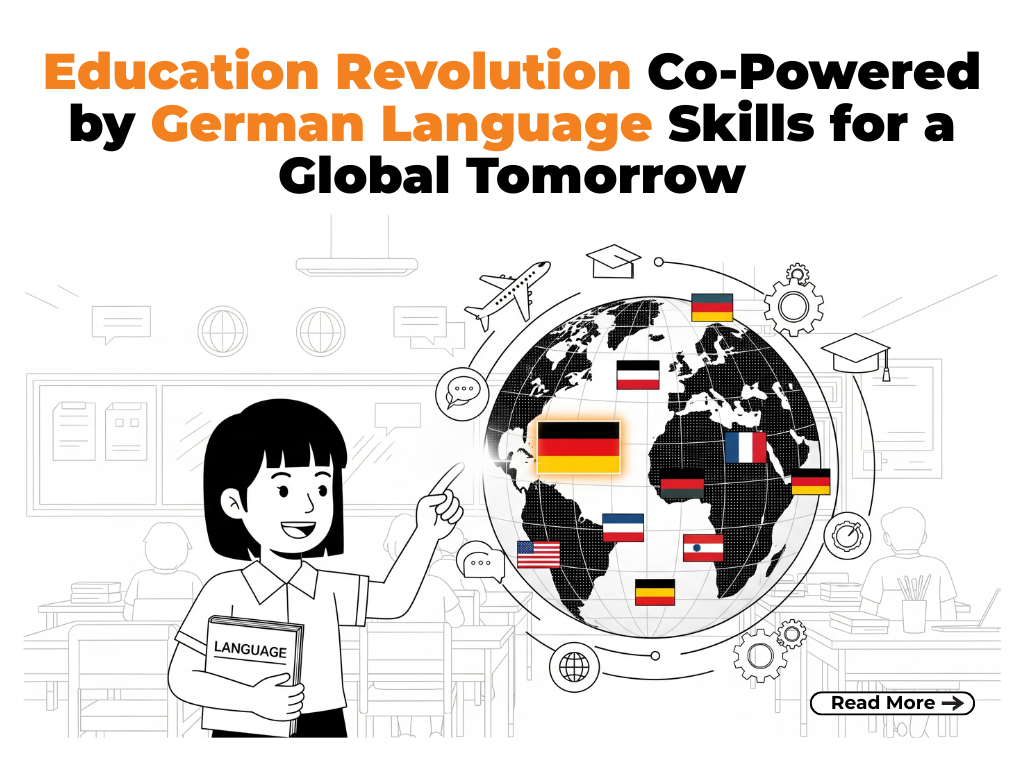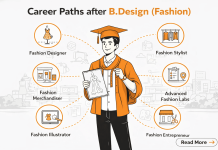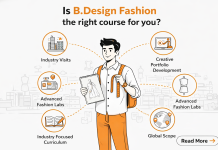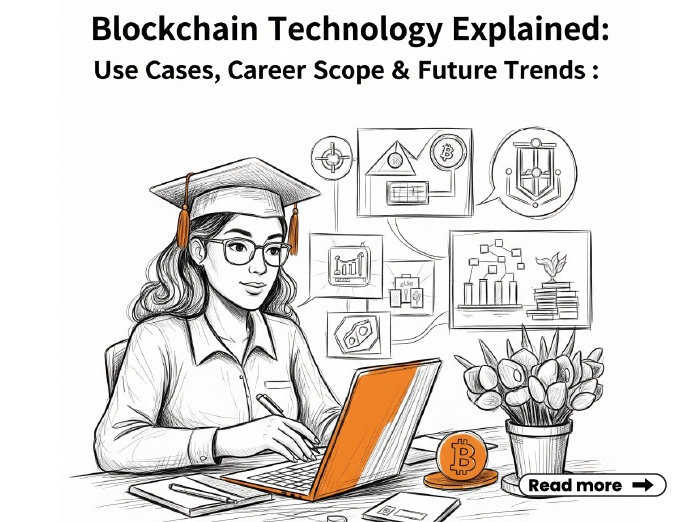The educational landscape is undergoing a profound transformation. Traditional teaching and assessment models, which have long emphasized memorization and periodic tests, are increasingly being questioned for their relevance in today’s fast-paced, knowledge-driven world. One of the most revolutionary ideas gaining ground is the shift from traditional Continuous Assessment (CA) methods to research-based learning and evaluation. This initiative, known as EduRevolution initiative, empowers students to evolve from passive learners into active researchers—capable of inquiry, analysis, and innovation. It’s more than an assessment model—it’s a culture of academic exploration in education that transforms how students interact with knowledge.
Why the Shift is Necessary
Traditional CA methods often rely on tests, quizzes, and assignments that are more about reproduction than reflection. While these assessments serve to monitor student performance, they sometimes fall short in fostering deep understanding, curiosity, and critical thinking. Hence, a shift from rote learning to research-based learning becomes essential. In contrast, research-based assessments compel students to engage with their subjects in a more meaningful and analytical manner.
Students who write research papers as part of their assessment learn to:
- Ask relevant and thought-provoking questions.
- Analyze data and literature critically.
- Synthesize information from diverse sources.
- Develop and defend their viewpoints with evidence.
- Communicate ideas clearly and academically.
These skills are not only vital in higher education but also essential for employability, lifelong learning, and responsible citizenship.
EduRevolution in Practice: Our Departmental Initiative
At Lovely Professional University, our department recently piloted a major shift in our continuous assessment approach for postgraduate students. Instead of traditional CA formats, students were encouraged to submit mini-research papers relevant to their course themes. Each paper had to follow standard academic guidelines—title, abstract, introduction, objectives, methodology, findings, and references. This format inspired not just technical accuracy but also personal ownership of ideas—key to any meaningful academic exploration in education.
To streamline the process and develop students step-by-step, we introduced a weekly research task framework. Students are provided specific research-oriented tasks every week. For instance:
- Week 1: Identify and finalize a relevant research topic.
- Week 2: Conduct literature review and read related research papers.
- Week 3: Collect data from primary or secondary sources.
- Week 4: Begin drafting the research paper with guidance.
- Week 5: Perform data analysis and interpret results.
- Week 6: Finalize the research paper and submit to the supervisor for review.
- Week 7–8: After internal approval, students are guided to communicate their work to academic journals or edited books for potential publication.
This approach not only systematizes the research process but also ensures that students remain engaged and progress consistently throughout the semester.
Benefits for Students
Through the EduRevolution initiative, students gain real-world competencies that go beyond classrooms.
- Real-World Skills: Writing research papers prepares students for real-world demands—report writing, policy analysis, evidence-based decision making, etc.
- Originality Over Rote Learning: Research fosters original thinking. Instead of copying answers, students are encouraged to create something of their own.
- Confidence Boost: Presenting and defending research work instills academic confidence and improves communication skills.
- Career Readiness: Whether aiming for higher studies or entering the job market, students with research skills stand out as independent thinkers and problem-solvers.
- Portfolio Building: Students now graduate with a portfolio of academic work that demonstrates their capabilities beyond marksheets.
Challenges and How We Overcame Them
Of course, implementing such a shift was not without challenges. Many students initially struggled with topic selection, writing format, and the fear of academic writing. Faculty also had to adjust their teaching methods to support student research at various stages.
To address this, we adopted the following measures:
- Conducted workshops on research methodology, citation styles, and plagiarism awareness.
- Provided sample papers and templates for reference.
- Created weekly check-ins to track progress and give constructive feedback.
- Celebrated the best papers by featuring them in our departmental newsletter and college magazine.
These measures helped ease students into research-based learning while maintaining quality.
Faculty as Mentors, Not Just Evaluators
One of the most beautiful transformations we witnessed was the changing role of faculty—from being just instructors to becoming mentors. Faculty members guided students through the entire process—brainstorming ideas, reviewing drafts, suggesting improvements, and encouraging originality. This mentor-mentee relationship brought a renewed sense of purpose to both teaching and learning.
Broader Impact and Future Scope
The success of this research-based CA model has encouraged other departments to try similar experiments. In the near future, we hope to build an internal repository of student research papers and launch a university-level undergraduate research journal.
EduRevolution isn’t just a shift in method—it’s a cultural shift in how we perceive education. It asks us to trust students with more responsibility and to believe in their potential to produce knowledge, not just consume it.
Conclusion
EduRevolution through research paper-based assessment represents a bold yet necessary departure from conventional CA formats. It places students at the center of the learning process and equips them with the skills that matter most in the 21st century. As educators, our job is not merely to deliver content, but to inspire inquiry, nurture curiosity, and cultivate lifelong learners. Through this shift, we are not just assessing students—we are empowering them to think, question, and create.




![Career Paths After B.Sc. Information Technology [Lateral Entry] Career Paths after B.Sc. Information Technology [Lateral Entry]](https://www.lpu.in/blog/wp-content/uploads/2026/01/Career-Paths-after-B.Sc_.-Information-Technology-Lateral-Entry-218x150.png)





![Why B.Tech. (Chemical Engineering) [Lateral Entry] at LPU Stands Out? Why B.Tech. (Chemical Engineering) [Lateral Entry] at LPU Stands Out](https://www.lpu.in/blog/wp-content/uploads/2025/11/Why-B.Tech_.-Chemical-Engineering-Lateral-Entry-at-LPU-Stands-Out-100x70.png)



